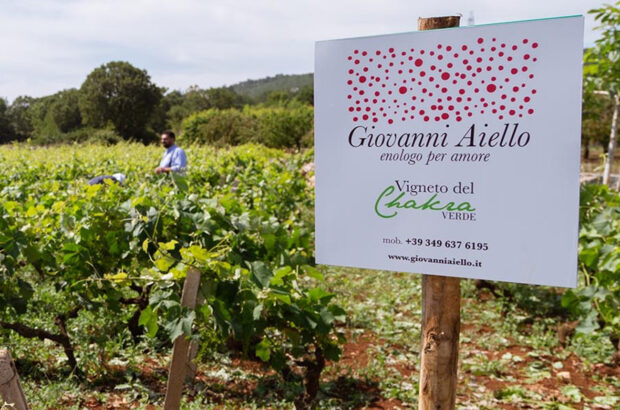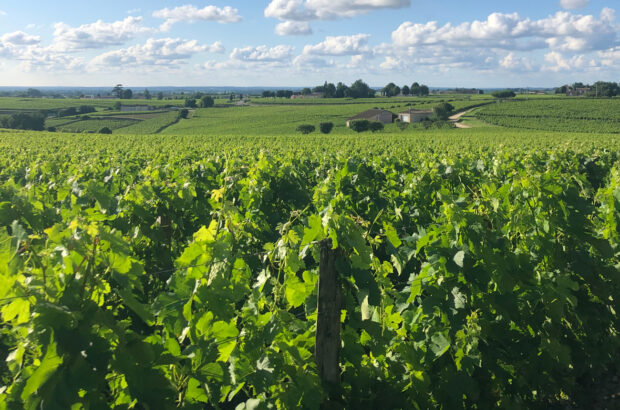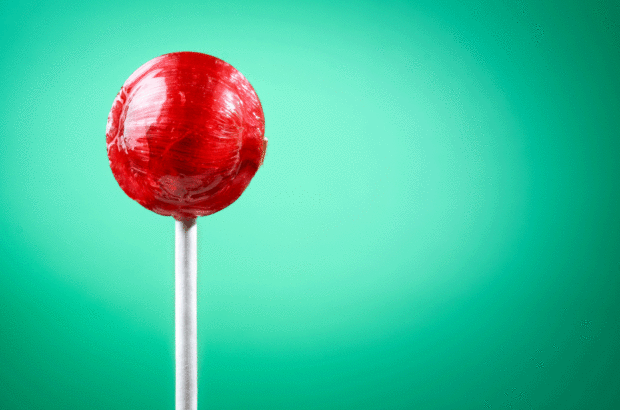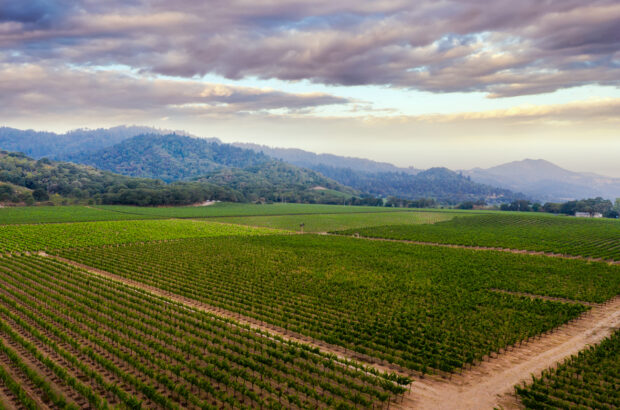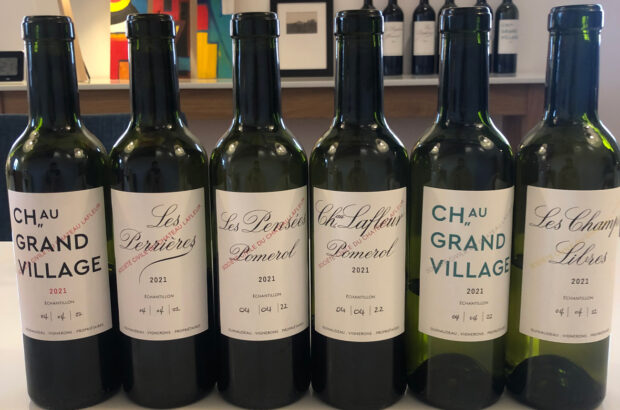A large French winemaker protest is set to take place in Narbonne on 25 November, in the Aude area of Languedoc-Roussillon.
Frédéric Rouanet, head of the Aude winemakers’ union, called on Facebook for a ‘general strike in the vines’ on that day.
Producers want the French government, as well as domestic merchants and supermarkets, to do more to help those facing financial difficulties, against a backdrop of higher costs.
News of the demonstration in Narbonne comes after protesters blockaded Le Boulou motorway toll station near the Spanish border in October, and attacked two lorries carrying wine into France from Spain.

Winemakers watch as wine gushes from a Spanish tanker at Le Boulou in October 2023. Credit: Photo by LIONEL BONAVENTURE/AFP via Getty Images.
They smashed the Spanish wine cargo of one trailer and opened the tank on another, sending its contents gushing out onto the road surface.
Rouanet told Decanter these were ‘acts of desperation’ by people facing serious difficulties. Whilst French producers’ costs have risen, prices for their wines have not, he said.
French rural affairs minister Dominique Faure recently criticised violence at Le Boulou, telling France Bleu she understood winemakers’ anger but couldn’t condone their methods. Spain’s Confederation of Freight Transport (CETM) urged authorities to do more to stop attacks on lorries.
Rouanet said today’s crisis was just as severe as those faced by previous generations in the region, which has a long history of winemaker protests and where vineyards continue to be a bedrock of the local economy.
Languedoc-Roussillon – now part of Occitanie – has undergone large-scale change in the past couple of decades. Its vineyards saw a significant amount of restructuring following European Union (EU) wine reforms agreed in 2008.
A new generation of winemakers has also gained wider international acclaim, and the area is known for some great-value, high-quality wines.
Yet the region is vast, and Rouanet told France Bleu local radio this week that several factors have damaged many producers’ finances in the area in recent years.
These include Covid, a difficult 2021 growing season and inflation linked to the war in Ukraine. He called on high-ranking ministers to visit the region to discuss the situation.
France’s agriculture ministry said on 9 November it would open a €20m emergency support fund for winemakers across the country with cashflow problems.
It acknowledged an ‘exceptional climatic and economic situation’ for the wine industry and reiterated it has offered significant aid, including a €200m scheme to help distil surplus wine into industrial alcohol earlier this year.
Ministers also pledged €38m to help fund a scheme to ‘grub up’ vineyards in Bordeaux, to prevent oversupply in future.
The government has said it will work with producers to develop a long-term plan to put France’s wine sector on a more sustainable footing.
Falling domestic consumption has been a major issue. Whilst France remains one the world’s biggest wine-drinking nations, industry leaders said at the end of 2022 that consumption has fallen by 70% in the past 60 years.
Winemakers in other European Union countries have also faced problems.
The European Commission allowed crisis distillation across the bloc earlier this year. It highlighted falling wine consumption in France, Spain, Italy, Germany and Portugal, and also a decline in EU wine exports in the first four months of 2023.



